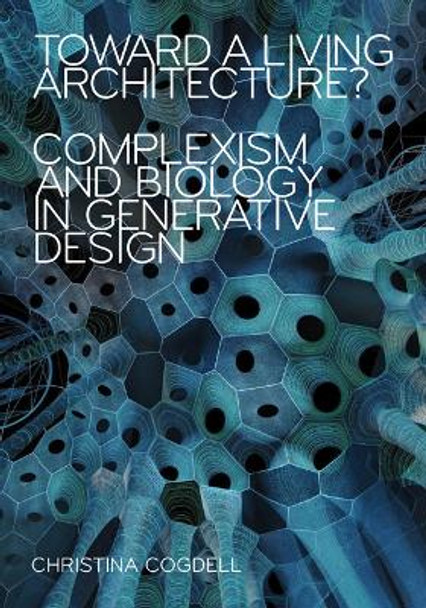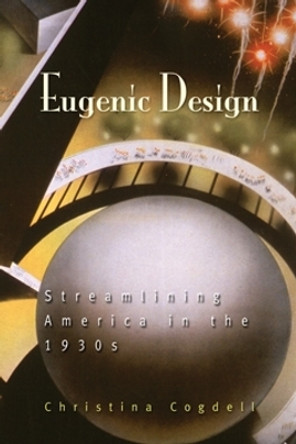Description
A bold and unprecedented look at a cutting-edge movement in architecture
Toward a Living Architecture? is the first book-length critique of the emerging field of generative architecture and its nexus with computation, biology, and complexity. Starting from the assertion that we should take generative architects' rhetoric of biology and sustainability seriously, Christina Cogdell examines their claims from the standpoints of the sciences they draw on-complex systems theory, evolutionary theory, genetics and epigenetics, and synthetic biology. She reveals significant disconnects while also pointing to approaches and projects with significant potential for further development. Arguing that architectural design today often only masquerades as sustainable, Cogdell demonstrates how the language of some cutting-edge practitioners and educators can mislead students and clients into thinking they are getting something biological when they are not.
In a narrative that moves from the computational toward the biological and from current practice to visionary futures, Cogdell uses life-cycle analysis as a baseline for parsing the material, energetic, and pollution differences between different digital and biological design and construction approaches. Contrary to green-tech sustainability advocates, she questions whether quartzite-based silicon technologies and their reliance on rare earth metals as currently designed are sustainable for much longer, challenging common projections of a computationally designed and manufactured future. Moreover, in critiquing contemporary architecture and science from a historical vantage point, she reveals the similarities between eugenic design of the 1930s and the aims of some generative architects and engineering synthetic biologists today. Each chapter addresses a current architectural school or program while also exploring a distinct aspect of the corresponding scientific language, theory, or practice.
No other book critiques generative architecture by evaluating its scientific rhetoric and disjunction from actual scientific theory and practice. Based on the author's years of field research in architecture studios and biological labs, this rare, field-building book does no less than definitively, unsparingly explain the role of the natural sciences within contemporary architecture.
About the Author
Christina Cogdell is professor of design and department chair at the University of California, Davis. She is author of Eugenic Design: Streamlining America in the 1930s, winner of the Edelstein Prize for the History of Technology.
Reviews
"Christina Cogdell's soberly scholarly book shows that high-tech evolutionary or generative design is environmentally unsustainable, and that many (fortunately, not all) of today's computational bio-designers are selling, or buying, fake science. Who is to blame for this colossal, and possibly ominous, waste of intelligence and resources? Cogdell has one prime culprit in mind."-Mario Carpo, University College London
"Toward a Living Architecture? is a timely meditation into the hype and hope of the fantasy of generative architecture-a field in which biological metaphors are taken literally and the complexities of living systems are brushed away in favor of simplistic illusions of control. Christina Cogdell is a phenomenal researcher who does not shy away from engaging in deep and experiential investigative field work in diverse settings; delving into scientific labs, studios, and knowledge systems, she presents a clear and reasoned argument for the need for a more nuanced and rigorous integration of the life science and architecture than the model currently presented by generative architecture discourse."-Oron Catts, University of Western Australia
Book Information
ISBN 9781517905378
Author Christina Cogdell
Format Hardback
Page Count 296
Imprint University of Minnesota Press
Publisher University of Minnesota Press
Dimensions(mm) 254mm * 178mm * 38mm








